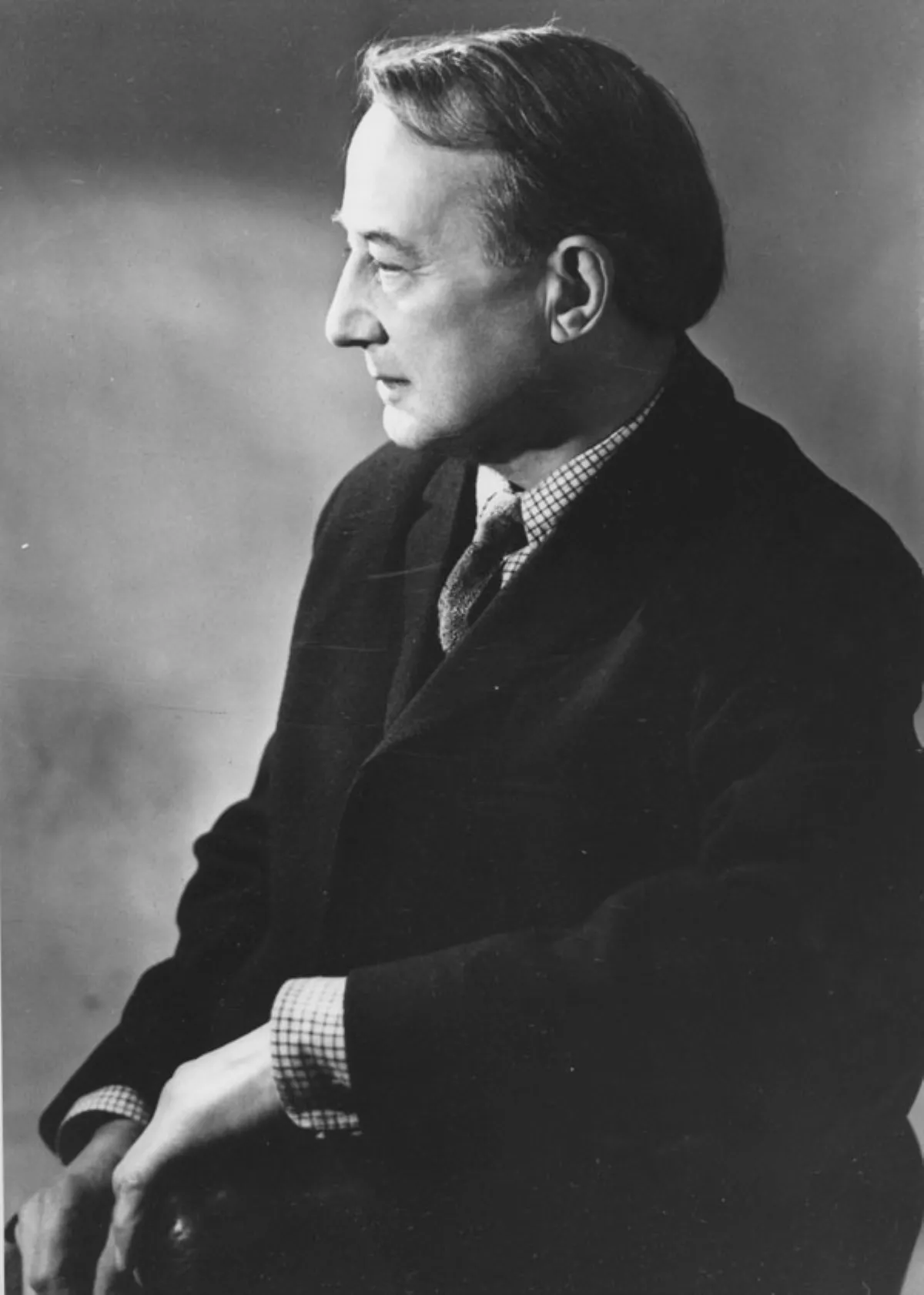 1.
1. Michael Joseph Oakeshott FBA was an English philosopher and political theorist who wrote on the philosophies of history, religion, aesthetics, education, and law.

 1.
1. Michael Joseph Oakeshott FBA was an English philosopher and political theorist who wrote on the philosophies of history, religion, aesthetics, education, and law.
Michael Oakeshott attended St George's School, Harpenden, a new co-educational and 'progressive' boarding school from 1912 to 1920.
Michael Oakeshott enjoyed his schooldays, and the Headmaster, the Rev Cecil Grant, a disciple of Maria Montessori, later became a friend.
In 1920, Michael Oakeshott matriculated with a Scholarship at Gonville and Caius College, Cambridge, where he read history, taking the Political Science options in both parts of the Tripos, the University of Cambridge's degree examinations.
Michael Oakeshott said that McTaggart's introductory lectures were the only formal philosophical training he ever received.
Michael Oakeshott was dismayed by the political extremism that occurred in Europe during the 1930s, and his surviving lectures from this period reveal a dislike of Nazism and Marxism.
Michael Oakeshott is said to have been the first at Cambridge to lecture on Marx.
At the suggestion of Sir Ernest Barker, who sought to see Michael Oakeshott succeed to his own chair of political science at the University of Cambridge, he produced an anthology, with commentary, The Social and Political Doctrines of Contemporary Europe, published in 1939.
Michael Oakeshott joined the British Army in 1940, before being conscripted under the National Service Act.
Michael Oakeshott volunteered for the virtually suicidal Special Operations Executive, where the average life expectancy was about six weeks, and was interviewed by Hugh Trevor-Roper, who felt that he was "too unmistakably English" to conduct covert operations on the Continent.
Michael Oakeshott saw active service in Europe with the battlefield intelligence unit Phantom, a semi-freelance quasi-Signals organisation which had connections with the Special Air Service.
In 1945, Michael Oakeshott was demobilised and returned to the University of Cambridge.
Michael Oakeshott was deeply unsympathetic to the student activism at LSE during the late 1960s, and highly critical of what he saw as the authorities' insufficiently robust response.
Michael Oakeshott retired from the LSE in 1969, but continued teaching and conducting seminars until 1980.
Michael Oakeshott was twice divorced and had numerous affairs, many of them with wives of his students, colleagues and friends, and even with his son Simon's girlfriend.
Michael Oakeshott had a son out of wedlock, whom he abandoned together with the mother when the child was two, and whom he did not meet again for nearly twenty years.
Michael Oakeshott lived long enough to experience increasing recognition, although he has become much more widely written about since his death.
Michael Oakeshott declined an offer to be made a Companion of Honour, for which he was proposed by Margaret Thatcher.
Michael Oakeshott published his first book in 1933, Experience and its Modes, when he was thirty-one.
Later Michael Oakeshott adopted a pluralistic view of the various modes of experience, with philosophy just one voice among others, though it retained its self-critical character.
Michael Oakeshott distinguished the academic perspective on the past from the practical, in which the past is seen in terms of its relevance to our present and future.
Michael Oakeshott suggests that there had been two major modes or understandings of political organization.
Michael Oakeshott considers power as a necessary prerequisite for the Politics of Faith, because it allows people to believe that they can achieve something great and to implement the policies necessary to achieve their goal.
Michael Oakeshott was presumably dissatisfied with this book, which, like much of what he wrote, he never published.
Michael Oakeshott edited Thomas Hobbes's Leviathan, with an introduction that has been recognised as a significant contribution to the literature by some later scholars.
Michael Oakeshott was the author of well over 150 essays and reviews, most of which have now been republished.
Just before he died Michael Oakeshott approved two edited collections of his works, The Voice of Liberal Learning, a collection of his essays on education, and a second, revised and expanded edition of Rationalism in Politics.